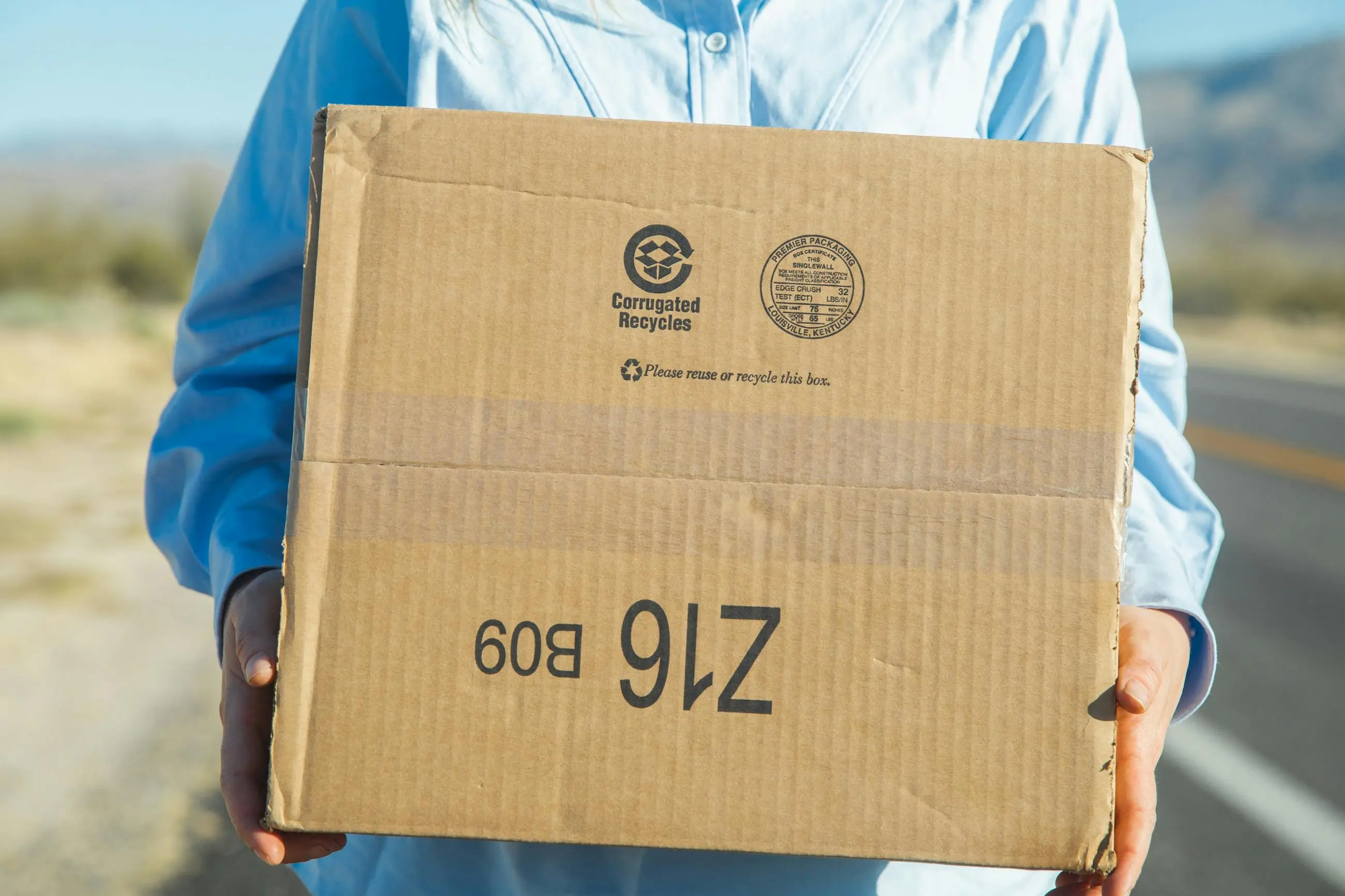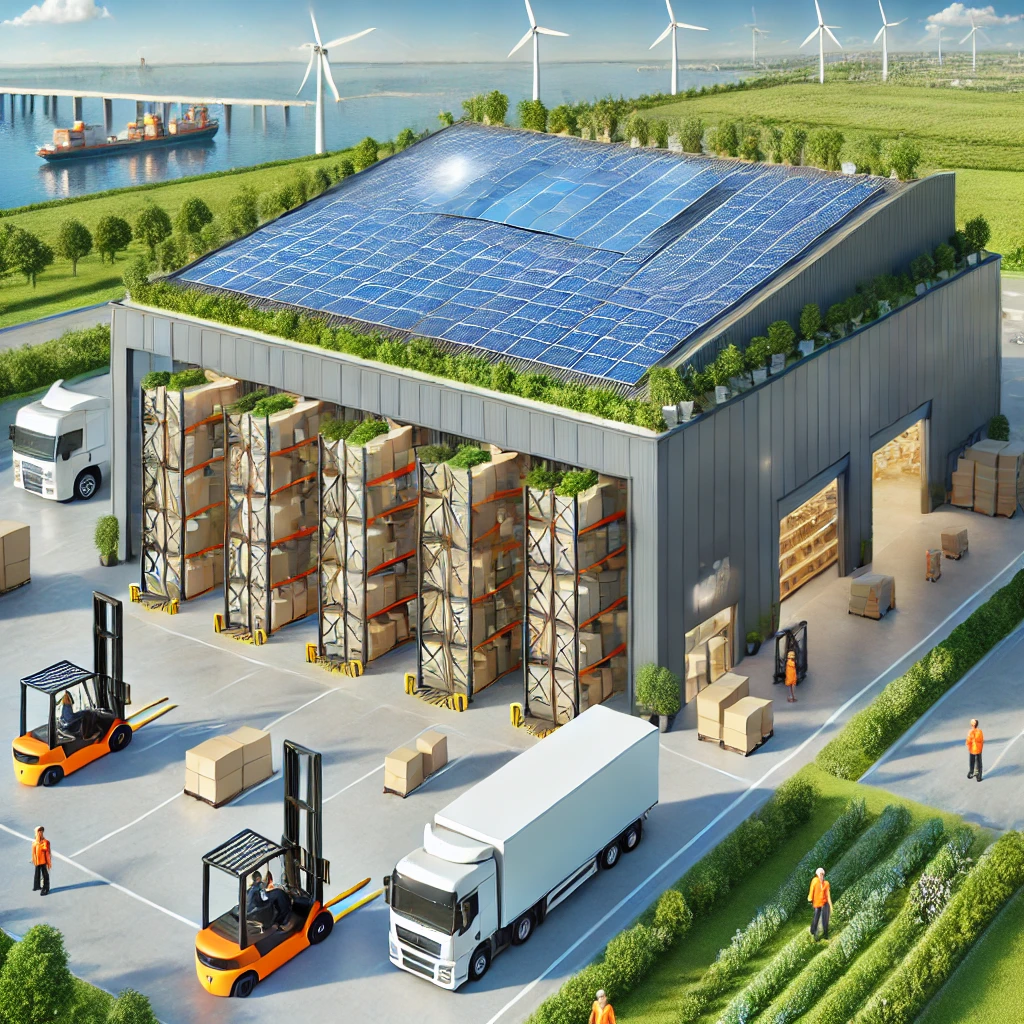Sustainability in Logistics: Paving the Way for a Greener Future

The logistics industry is witnessing a significant shift towards sustainability as businesses recognize the need to reduce their environmental impact. This transformation is driven by a combination of regulatory pressures, consumer demands, and a growing awareness of the environmental benefits of sustainable practices.
Embracing Green Technologies
One of the key trends in sustainable logistics is the adoption of green technologies. Electric vehicles (EVs) are becoming increasingly popular for last-mile deliveries, offering a cleaner alternative to traditional diesel-powered trucks. Companies like DHL and UPS are investing heavily in EVs to reduce their carbon footprint and operational costs. Additionally, alternative fuels such as Sustainable Aviation Fuel (SAF) are being used to lower emissions in air freight operations.
Reducing Carbon Footprint
Another crucial aspect of sustainability in logistics is minimizing the carbon footprint of supply chain operations. This includes optimizing routes to reduce fuel consumption and implementing energy-efficient practices in warehouses. Big data analytics and AI play a significant role here, enabling companies to analyze and optimize every aspect of their operations for maximum efficiency. By leveraging these technologies, logistics providers can significantly cut down on greenhouse gas emissions and improve overall sustainability.
Consumer Demand for Transparency
Consumer demand for transparency in the environmental impact of their deliveries is also driving change in the logistics sector. More customers are becoming environmentally conscious and prefer businesses that are transparent about their carbon footprint. Logistics companies are responding by providing detailed information about the environmental impact of their services and offering options for carbon-neutral shipping. This transparency helps build trust and loyalty among eco-conscious consumers.
Sustainable Packaging
Sustainable packaging is another area where logistics companies are making strides. By using recyclable and biodegradable materials, businesses can reduce the amount of waste generated by their operations. Companies are also exploring innovative packaging solutions that require less material and are easier to recycle. This not only helps the environment but also reduces costs associated with packaging and waste management.
Real-World Applications

Leading logistics companies are already implementing sustainable practices to drive positive environmental outcomes. For example, DHL's GoGreen Plus program aims to lower emissions by using sustainable aviation and marine fuels. UPS is also making significant investments in electric delivery vehicles and alternative fuels to enhance sustainability across its operations.
The Future of Sustainable Logistics
As sustainability becomes an integral part of business strategy, the logistics industry will continue to innovate and adopt greener practices. Companies that prioritize sustainability will not only contribute to a healthier planet but also gain a competitive edge in the market. At Global Connect Distributions, we are committed to implementing sustainable logistics solutions that benefit both our clients and the environment. We believe that a greener future is not just a possibility but a responsibility we must all embrace.